Complete Survival Guide For Mastering Night Shift Nursing
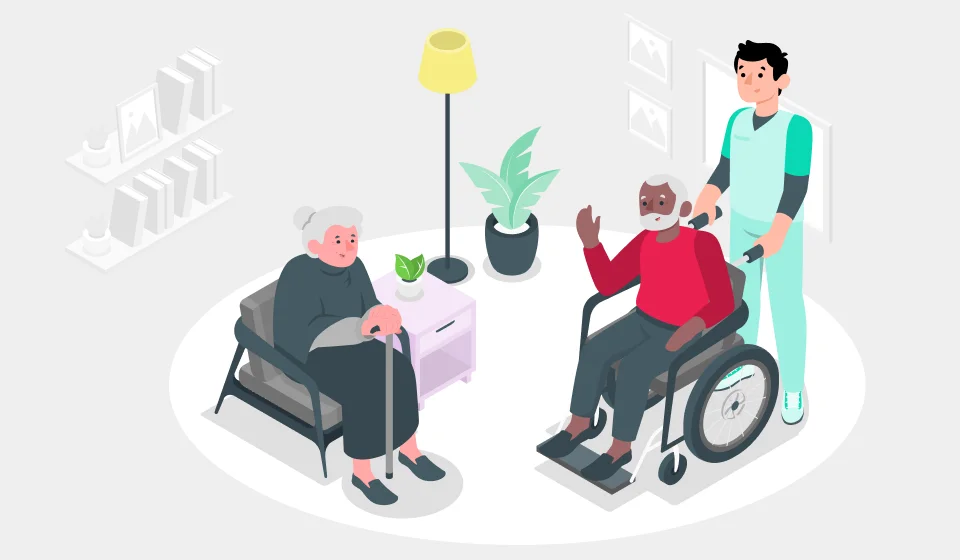
Night shift nursing presents unique challenges that can feel overwhelming, from battling fatigue and adjusting your entire lifestyle to managing the physical and emotional demands of caring for patients during unconventional hours. The transition to working midnight shift requires strategic preparation and ongoing adaptation to maintain your health, performance, and job satisfaction.
We understand these challenges intimately, which is why we specialise in placing qualified nurses in flexible roles across Melbourne and Melton, including night shift positions in aged care, disability support, and hospital settings. This comprehensive guide covers essential night shift tips for preparation, staying alert throughout your shift, effective recovery strategies, and the surprising benefits that make night shift work rewarding for many healthcare professionals.
Getting Ready For Your Night Shift Nursing Position
Successful preparation is the foundation of thriving in night shift work. The key lies in understanding the physiological and social adjustments required while developing strategies that work for your unique circumstances. Taking proactive steps before your first shift can significantly impact your long-term success and well-being.
Recognise Health Challenges & Plan Your Defense
Understanding night shift health risks empowers you to develop effective countermeasures. Common challenges include circadian rhythm disruption, increased fatigue, digestive issues, and elevated stress levels. Combat these by maintaining consistent hydration, implementing stress management techniques like deep breathing exercises, and establishing regular meal times. Nurselink Healthcare prioritises nurse well-being by providing comprehensive support and resources to help our team members maintain optimal health while delivering exceptional patient care.
Secure Support From Your Social Circle
Family and friends need to understand your new schedule to provide meaningful support. Set clear expectations about your availability, explaining when you’ll be sleeping and working. Plan daytime social activities during your days off, and communicate your need for quiet during sleep hours. Consider scheduling regular check-ins with loved ones to maintain connections despite your unconventional schedule.
Transition Your Sleep Schedule Gradually
Maintaining Energy & Focus During Your Shift
Nourish Your Body & Brain Properly
Fuel your body with balanced meals that include lean proteins, complex carbohydrates, and healthy fats. Stay consistently hydrated with water rather than relying solely on caffeine. Keep your mind sharp with brief mental stimulation activities like word puzzles or crosswords during appropriate break times, helping maintain cognitive function throughout your shift.
Utilise Power Naps When Permitted
Strategic 15-20 minute power naps during designated breaks can significantly boost alertness and performance. These short rest periods help reset your energy levels without entering deep sleep phases that cause grogginess. Many aged care facilities accommodate brief naps during quiet periods, though always verify this aligns with facility policies.
Energise Yourself With Nutritious Food Choices
Pack portable, nutrient-dense snacks that provide sustained energy rather than quick sugar spikes. Consider options like Greek yogurt with berries, mixed nuts and seeds, whole grain crackers with hummus, or apple slices with almond butter. These choices help maintain steady blood sugar levels and prevent energy crashes during critical patient care moments.
Explore Safe Transportation Options
Unwinding & Recovering Post-night Shift
The transition from work to rest requires intentional strategies that signal to your body it’s time to wind down and recover. Effective post-shift routines are essential for how to get to sleep after night shift work, ensuring you get quality restorative sleep.
Set Yourself Up For Quality Rest
Create a consistent wind-down routine that begins before you leave work. Dim lights during your commute home, practice relaxation techniques like meditation or gentle stretching, and avoid stimulating activities like intense exercise or emotional conversations. This routine helps your mind and body transition from the high-alert state required for patient care.
Prioritise Restorative Sleep Above All
Creating Your Ideal Night Shift Routine
Pre-shift Prep
Plan and prepare meals in advance to avoid poor food choices during your shift. Set out your uniform, gather necessary supplies, and review your patient assignments if possible. Adjust your sleep schedule early in the day to ensure you’re well-rested before beginning work, creating a foundation for optimal performance.
On-shift Energy Management
Balance periods of activity with focused patient care by incorporating gentle stretching or brief walks during appropriate times. Use proven focus techniques like the Pomodoro method for documentation tasks, and stay engaged with your team to maintain alertness through social interaction and collaborative problem-solving.
Post-shift Wind-down
Advantages Of Working Night Shifts In Nursing
While night shift work presents challenges, it also offers significant benefits that make it an attractive option for many healthcare professionals. Understanding these advantages helps you maximise the opportunities that come with tips for working night shift in healthcare settings.
Enhanced Compensation & Premium Pay
Night shift positions typically offer higher hourly rates and shift differentials, sometimes adding $2-5 per hour to your base wage. Agency positions through staffing companies like Nurselink Healthcare often provide even more competitive compensation packages, making night work financially rewarding for nurses seeking to maximise their earning potential.
Calmer Environment For Quality Patient Attention
Night shifts often provide a quieter, more focused environment for patient care. With fewer visitors, reduced administrative demands, and generally lower patient volumes, you can dedicate more individualised attention to each person under your care. This is particularly evident in aged care settings where residents benefit from consistent, unhurried attention.
Deeper Connections With Your Night Team
Night shift teams often develop strong bonds and exceptional teamwork skills. The smaller staff numbers and shared challenges create a tight-knit community where nurses support each other through difficult situations. These relationships often extend beyond work, creating lasting professional networks and friendships.
Improved Schedule Flexibility For Certain Lifestyles
Conclusion
Latest Post
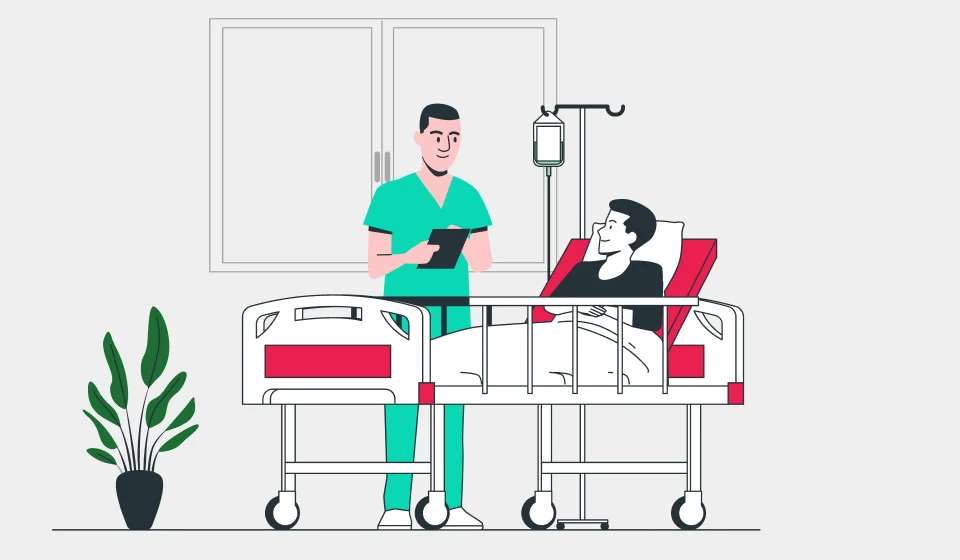
Standards & Scope of Practice for Registered Nurses
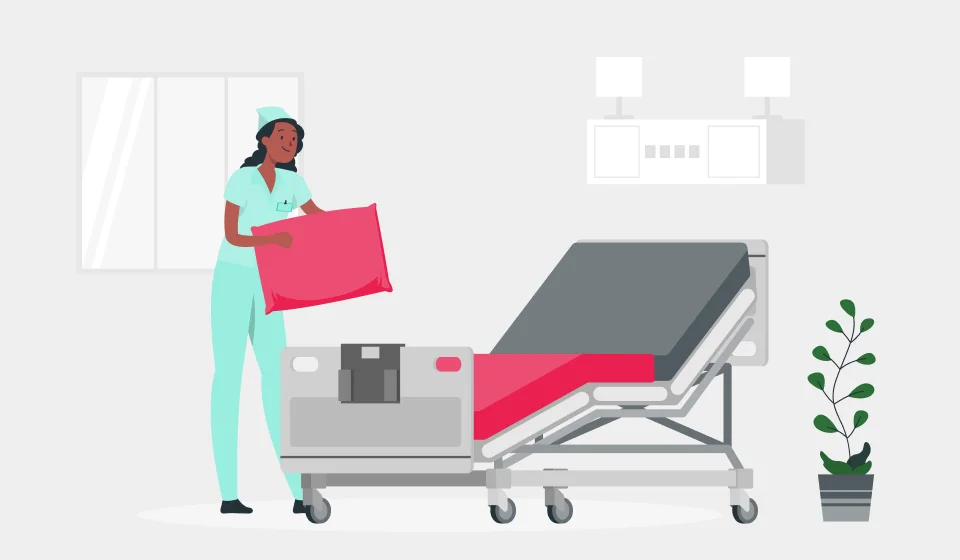
Roles & Responsibilities Of Hospital Staff
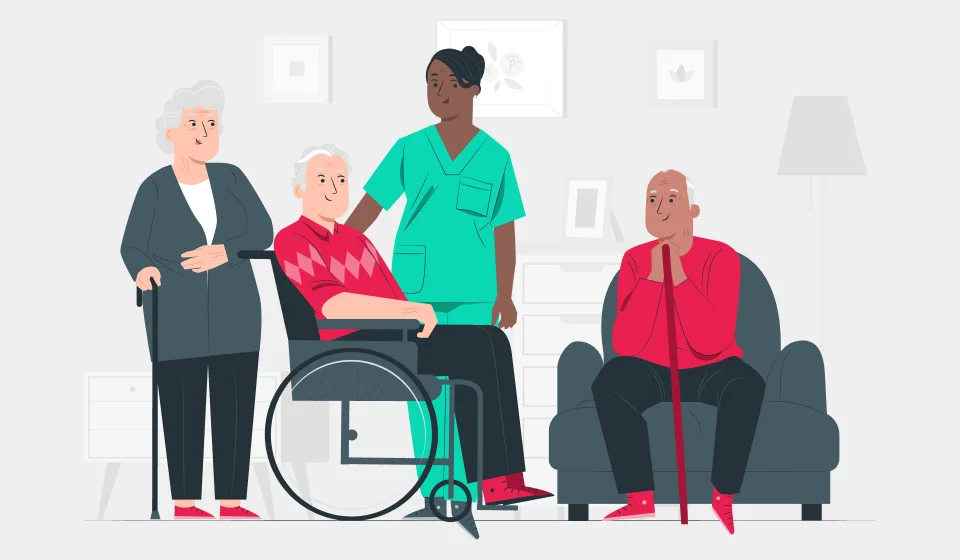
Nurse Unit Manager – Salary & Responsibilities

Why does working with the best nurse staffing agencies matter?

Nursing as a career: our top 7 reasons
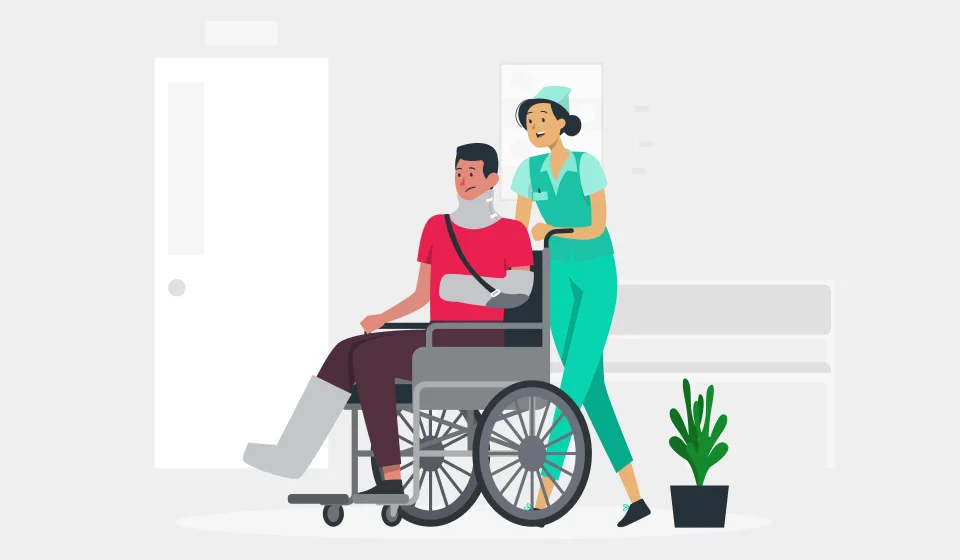
Reasons why working as an agency nurse has its perks

